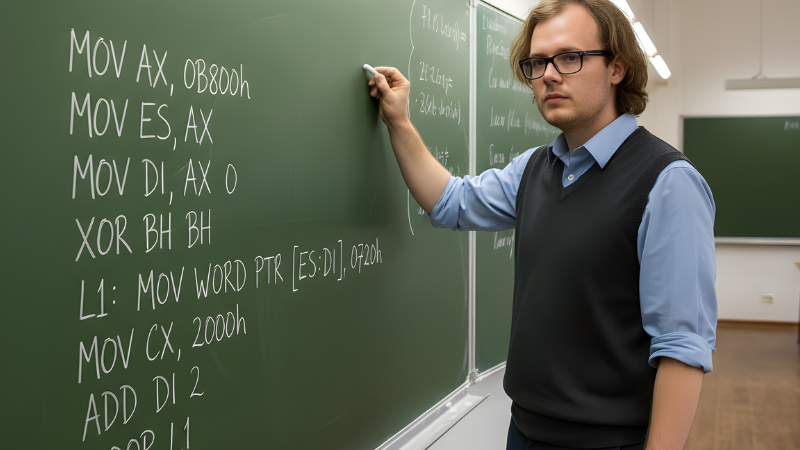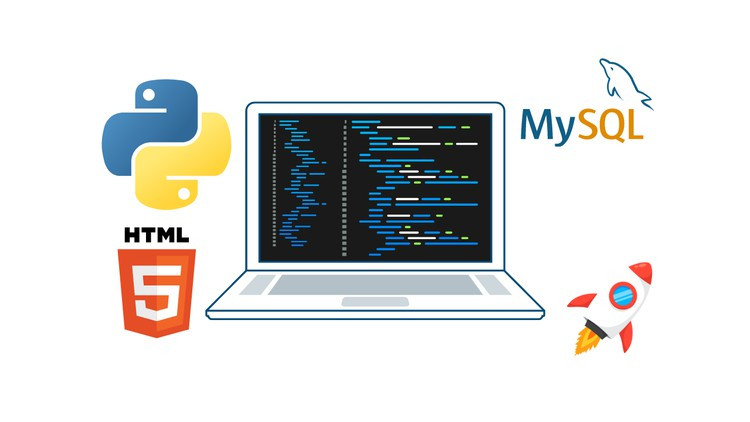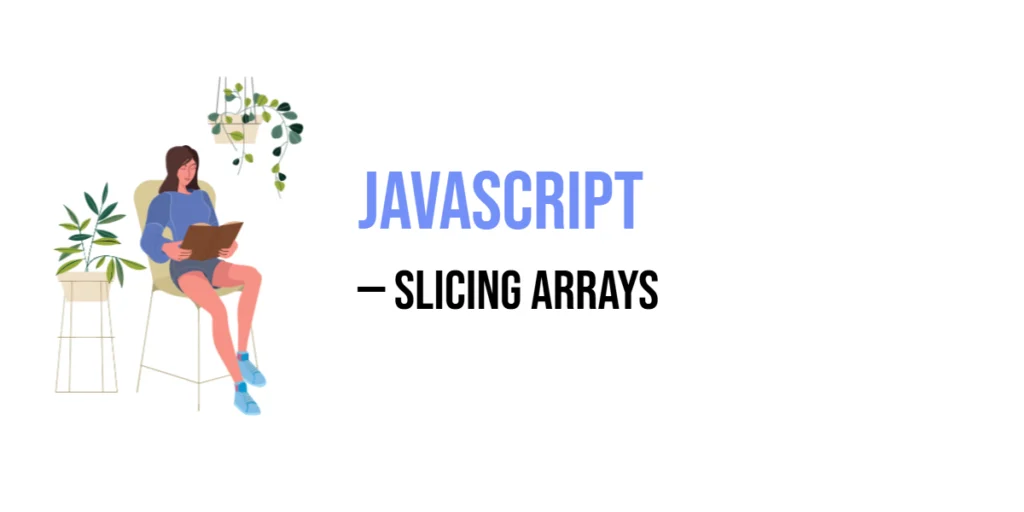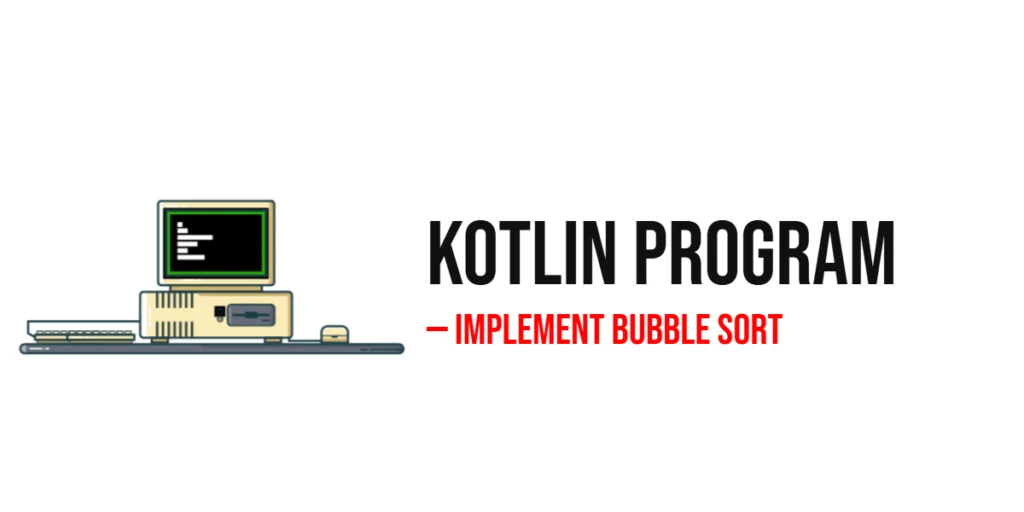Calculating the sum of natural numbers is a very common beginner exercise in C programming. Natural numbers are the positive integers starting from 1, 2, 3, and so on. Finding their sum helps learners understand loops, mathematical formulas, and how logic is translated into code. This program may look simple at first glance, but it plays an important role in building problem-solving skills and strengthening your understanding of how a program executes step by step.

with hands-on learning.
get the skills and confidence to land your next move.
In this tutorial, we will write a C program to calculate the sum of natural numbers up to a given value. We will start with the formula-based approach and then implement the same solution using a loop. Each version will be explained line by line, so you can clearly understand how it works. We will also cover common mistakes beginners make and show you the correct way to avoid them.
Using Formula to Calculate the Sum
The sum of the first n natural numbers can be calculated using the formula:
Sum = n × (n + 1) / 2
This formula allows us to compute the result in constant time without using loops. Let’s see how it looks in C:
#include <stdio.h>
int main() {
int n, sum;
printf("Enter a positive integer: ");
scanf("%d", &n);
sum = n * (n + 1) / 2;
printf("The sum of the first %d natural numbers is: %d\n", n, sum);
return 0;
}In this program, we first include the stdio.h library to allow input and output functions. The variable n stores the upper limit of natural numbers, while sum stores the final result. After asking the user to enter a number, the program uses the formula n * (n + 1) / 2 to calculate the sum directly. Finally, the result is displayed using printf(). This approach is very efficient because it avoids loops and produces the result instantly.
Using a Loop to Calculate the Sum
Another way to solve this problem is by using a loop to add each natural number one by one. This method is useful for beginners because it shows how loops work and how numbers are accumulated into a sum.
#include <stdio.h>
int main() {
int n, i, sum = 0;
printf("Enter a positive integer: ");
scanf("%d", &n);
for (i = 1; i <= n; i++) {
sum += i;
}
printf("The sum of the first %d natural numbers is: %d\n", n, sum);
return 0;
}Here, we declare n as the limit, i as the loop counter, and sum initialized to zero. The for loop runs from 1 to n, and in each iteration, the value of i is added to sum. Once the loop ends, the program prints the total sum. While this method takes more steps than the formula, it is extremely useful for beginners to practice using loops and iterative logic.
Common Beginner Mistakes
Beginners often run into these issues when working with loops:
- Forgetting to initialize the variable
sumto zero before the loop. If not set, it may hold garbage values and produce incorrect results. - Allowing negative input. Since natural numbers start at 1, the program should only accept positive integers.
- Using the wrong loop condition, such as
i < ninstead ofi <= n, which leaves out the last number in the calculation.
To avoid these mistakes, always initialize variables properly, validate user input, and double-check loop conditions.
FAQs
Q1: Can this program work with very large numbers?
Yes, but you should use a larger data type like long long int for n and sum to handle big values, because int has a limited range.
Q2: Which method is better, formula or loop?
The formula method is faster because it only needs one calculation. The loop method is slower but more useful for beginners to understand programming concepts.
Q3: Can I use a while loop instead of a for loop?
Yes, you can use a while loop or even a do-while loop. The logic will remain the same, only the syntax changes.
Q4: What if the user enters zero?
If the user enters zero, both methods will give a sum of zero, which is correct since there are no natural numbers before 1.
Conclusion
The C program to calculate the sum of natural numbers is an excellent exercise for beginners. It teaches the use of mathematical formulas, loops, and input-output functions. The formula method is efficient and compact, while the loop method demonstrates iterative logic. By practicing both, you will strengthen your programming foundation and gain confidence in solving similar problems. Start small, understand the logic, and gradually move on to more advanced C programming challenges.
References & Additional Resources
- Kernighan, Brian W., and Dennis M. Ritchie. The C Programming Language. 2nd Edition, Prentice Hall, 1988.
- GeeksforGeeks: Sum of Natural Numbers – Examples with formula and loops.
- Programiz: C Programs Examples – Beginner-friendly practice problems.
- TutorialsPoint: C Loops – Complete guide to loops in C.







